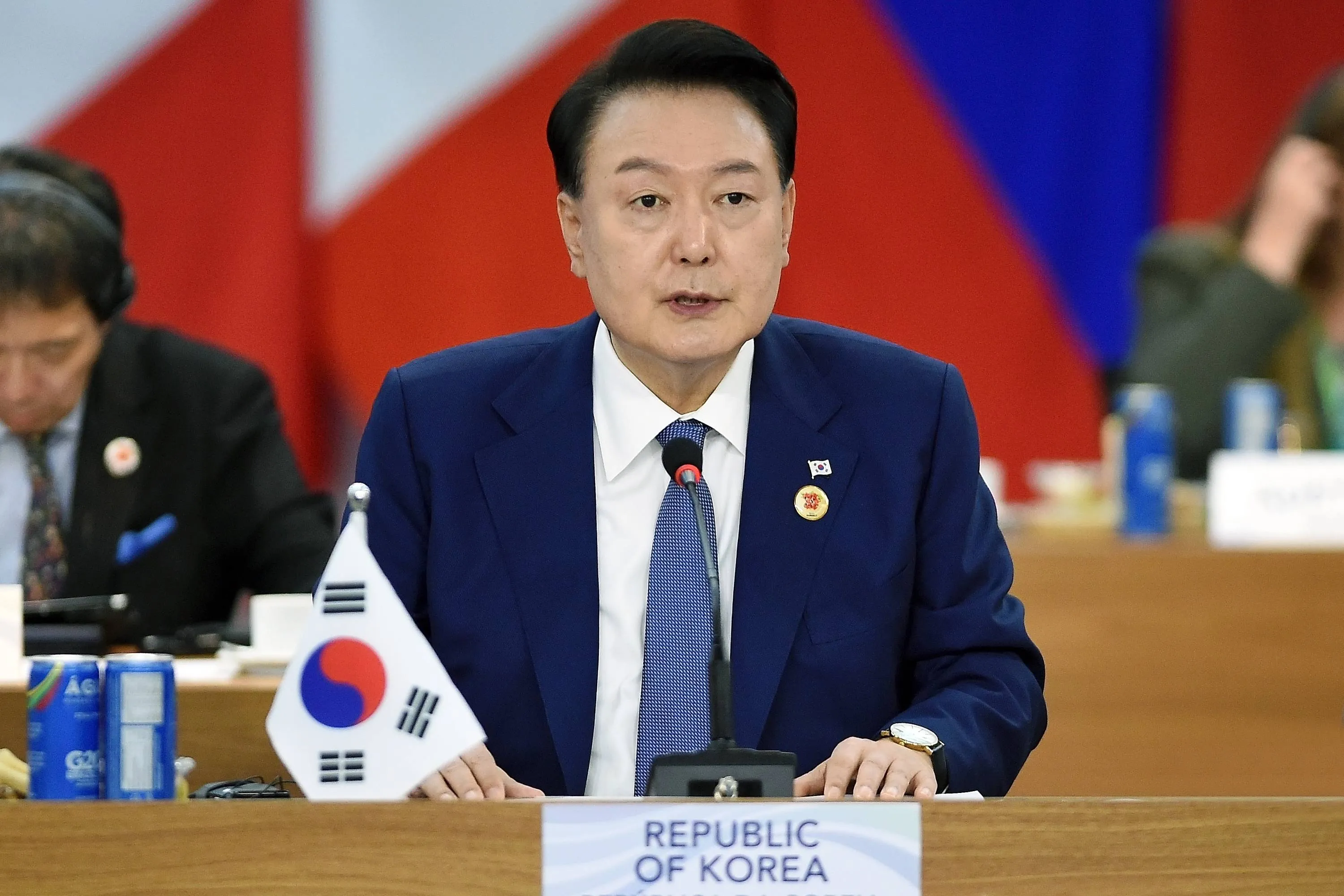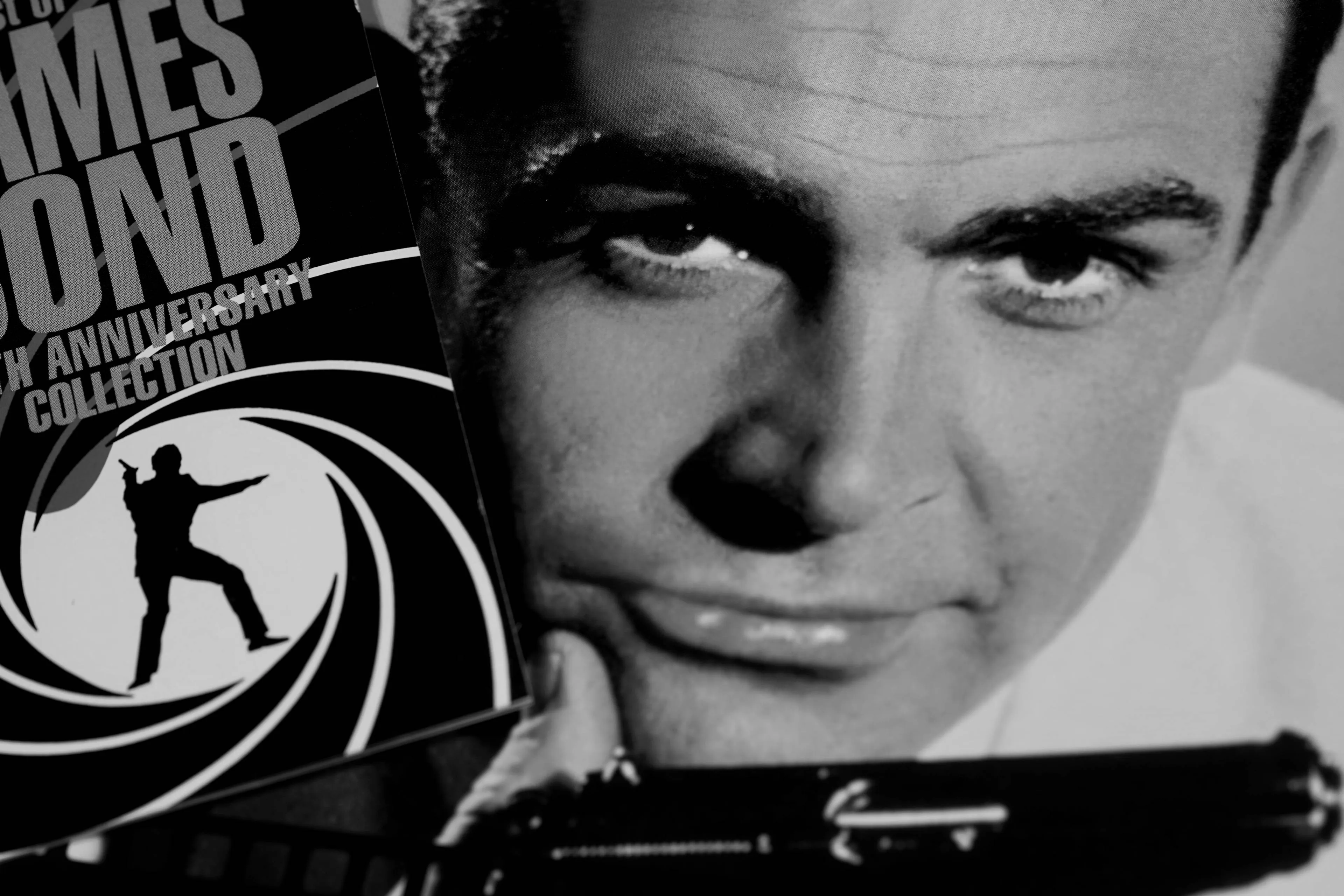Russische kijk op klimaatverandering
Zorgen om afkoeling domineren.
De Russen hebben een wat meer ontspannen, minder alarmistische kijk op klimaatverandering - althans wanneer het om opwarming gaat, afkoeling is een andere zaak. Dat verklaart mede hun besluit om niet meer mee te doen aan een vervolg op het Kyotoverdrag. De onvermoeibare Pierre Gosselin schonk onlangs aandacht aan een Russische video die een aardige indruk geeft van de opvattingen van een aantal Russische wetenschappers over de huidige ontwikkeling van het klimaat. Zij maken zich meer zorgen om afkoeling dan om opwarming.
Onder de titel, 'Russian National Television Film Warns Of Cooling Senior Woods Hole Scientist Calls Arctic Model Runs Far From Ideal"!, schreef hij:
In todays post you will find a Russian National Television film below, viewed only 70 times so far at Youtube, where Russian scientists express doubt on the IPCCs version of the CO2 story, and warn of a coming cold period. It is the kind of film alarmists do not want the public to see. It is dubbed over in English.
In fact Russian scientists warn that the recent Arctic melt may actually forbode a coming cold. Its happened before. .
In yesterdays post here I wrote about how Max-Planck-Institute Arctic scientist Dirk Notz said he would not bet on the Arctic ice decreasing in the years ahead, saying in a nutshell that there are just too many poorly understood factors and play.
In his response Notz brought up Andrey Proshutinsky , a senior Russian scientist at the Department of Physical Oceanography at the Woods Hole Oceanographic Institution. I sent him an e-mail for comment, and Im very pleased to say he replied:
Dear Pierre,
..
Answering your question I can say that the situation with Arctic ice changes is highly uncertain. Our observational record is too short, models are not perfect and initial conditions used for model runs are also very far from ideal. We speculate that Greenland ice melt could be a factor influencing Arctic-Subarctic processes but how it will work is not clear yet. More observations and modeling studies are needed.
Thanks,
Andrey
In een vervolg e-mail stuurde Proshutinsky een link naar de eerdergenoemde Russische video.
Commentaar van Pierre Gosselin:
As Proshutinsky points out, it was made to entertain general public but shows the many factors driving the climate. Be patient the good stuff starts after the 20-min. Mark. ...
In the video starting at about the 25 minute mark, Russian scientists warn why they think cooling is a real threat, and remind us there are many factors at work within our climate system.
At the 37:40 mark a Russian scientist is quoted saying:
Besides excessive amounf of cartbon dioxide adds some fractions of a degree to the dangerous warming. However to be honest, the weather is controlled by forces that are beyond our control. We can only adapt, if we are able to of course.
And at the 45:17 mark:
Warm winters of the recent years no doubt has made many of us pretty relaxed about the cold. Stories about the cold of 1941 and 1812 are perceived as tales of the past. But the climate is a variable thing. History can repeat itself and this warming is not forever.
If the film makes anything clear, it is that the Russian view of climate science is far more balanced and calm-minded than what we are used to seeing in the west. It is little wonder Russia is not signing on to extend Kyoto.
Aldus Pierre Gosselin
Lees en zie verder hier.
De film brengt ons in vele uithoeken van de wereld. Natuurlijk Rusland in de eerste plaats, maar daarnaast ook naar Brazilië, Mauna Loa (Hawaï), Spanje, Italië, Denemarken, Spitsbergen en Boston.
Een interessante hypothese, waarnaar verschillende keren wordt verwezen in de film, is die van de hoeveelheid zoet water die zich thans in de Beaufort Zee zou ophopen en mogelijk op enig moment zou kunnen 'overvloeien' naar het zuiden. Aldaar zou deze het warmtetransport van de Golfstroom kunnen verstoren, hetgeen tot extreem koude winters in Europa zou kunnen leiden.
De film is gelardeerd met interessante intermezzo's van een vrouwelijke Russische variant van onze ijsman, Wim Hof. Zij heeft haar weerstand tegen de kou door training opgevoerd en slaapt 's nachts buiten, ook al vriest het tientallen graden!
De vrees voor afkoeling zit er diep in bij de Russen. Uitvoerig wordt stil gestaan bij de verschrikkingen van de Kleine IJstijd, die tot mislukking van oogsten, hongersnood en de Zwarte Dood heeft geleid, waarbij een groot deel van de Europese bevolking is omgekomen.
Over klimaatalarmisme gesproken!
Voor mijn eerdere DDSbijdragen zie hier.


